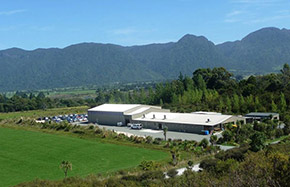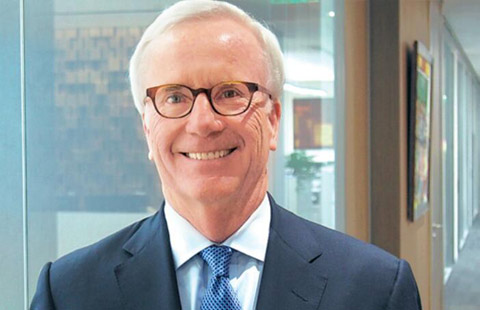Risks of rising renminbi
The renminbi's daily reference rate on Wednesday rose to a record 6.1980 per US dollar, but the recent strong appreciation momentum will not be sustained, since it will encourage more speculative capital inflows.
The currency has already risen by more than 1.4 percent against the dollar since the start of this year, with 1.1 percent gained since April.
However, there have been increasing signs of speculative capital inflows to cash in on the currency's appreciation, thanks to the monetary easing implemented by some developed economies.
Since last year, major economies, such as Japan and the United States, have maintained an easy monetary stance to boost their economy. European economies, meanwhile, have kept their interest rates low as they grapple with the ongoing sovereign debt crisis.
This easy monetary stance has driven global capital into the emerging markets, including China.
China's new foreign exchange purchase reached 1.2 trillion yuan ($193.6 billion) in the first quarter, a historical high and in stark contrast to the 500 billion yuan for the whole of 2012. The explosive growth of new foreign exchange purchase, an important gauge of cross-border flows, cannot be explained away by normal trade and investment factors. It suggests significant amounts of speculative capital are flowing into the country to profit from the renminbi's appreciation.
The country's unexpected strong growth in exports in April also increases suspicion that abnormal capital inflows may be going on in the guise of trade transactions. Export growth was 14.7 percent year-on-year in April, up from 10 percent in March. This was much higher than market expectations.
The State Administration of Foreign Exchange introduced new rules on Monday to tighten the scrutiny of foreign exchange positions of trade dealers and banks in a bid to thwart the entry of hot money. It shows speculative capital inflows are too serious to be ignored.
A rising renminbi is not conducive to controlling capital inflows, instead it will only attract more speculative money.
Moreover, China registered lower-than-expected 7.7 percent year-on-year GDP growth in the first quarter, which means that the economy may not be able to afford such fast appreciation.
Meanwhile, the US dollar has been stronger recently, which should be reflected in the renminbi's exchange rate.
The authorities should not ignore the potential dangers arising from large-scale capital inflows.






















